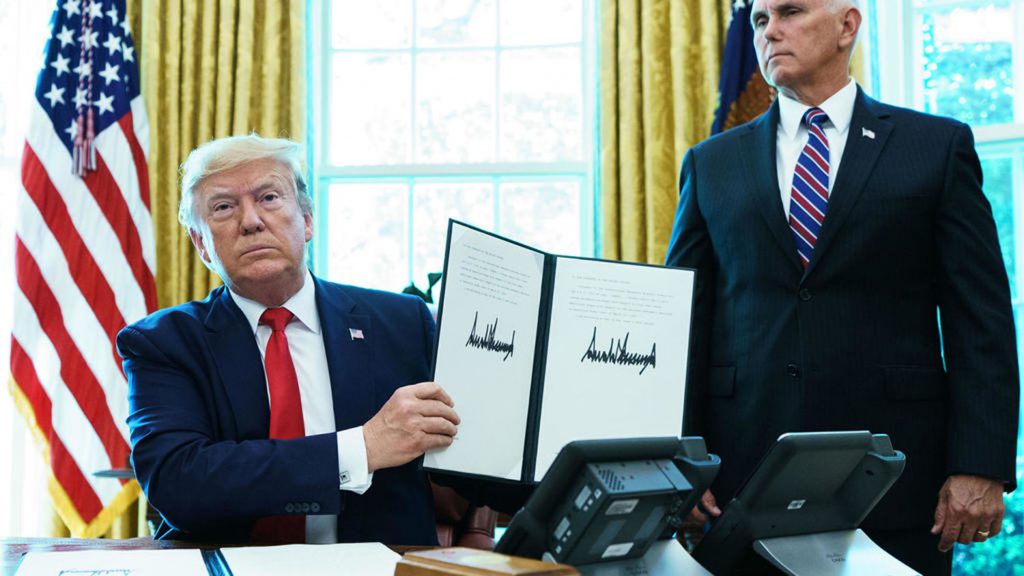The illegal sanctions imposed on Zimbabwe by the West have cost the country billions of dollars in lost revenue and lines of credit, Foreign Affairs and International Trade Minister Dr Sibusiso Moyo has said.
He said this when he appeared before the Parliamentary Portfolio Committee on Foreign Affairs and International Trade to brief them on his ministry’s programmes and activities.
Dr Moyo said Zimbabwe continues to deal with the illegal sanctions imposed by some Western countries, which have negatively affected the most vulnerable groups of citizens in particular and the economy in general.
“It is estimated, for those who have done the studies, that Zimbabwe has lost an estimated US$42 billion in revenue because of the sanctions,” said Dr Moyo.
“The country lost multi-lateral donor support which is estimated at about US$4,5 billion annually since 2001 and US$12 billion in the IMF, World Bank and African Development Bank loans which could have developed infrastructure in this country and commercial loans estimated at US$18 billion which could have gone to the private sector and into other areas and as a result of that, a reduction of GDP of over US$21 billion .
“Now that’s a picture of what has been the impact of the sanctions in the past two decades.”
Dr. Moyo said the heavy cost to the economy has necessitated Zimbabwe’s policy thrust of re-engagement to ensure the country returns to the community of nations.
“This is the main reason why our foreign policy at the moment targets at re-engagement with those countries who have seen us in negative a way and who should therefore unlock this particular area. That’s why since his inauguration, His Excellency (President Mnangagwa) has dynamised Zimbabwe’s quest to normalize relations with the West through re-engagement.
“Serious and focused dialogue has already been initiated with key constituent countries among them the United Kingdom, the US, Germany, France, Sweden and Australia.
“The main objective of the re-engagement is to normalize all aspects of the country’s relations by ending Zimbabwe’s isolation and reopening all lines of communication. The engagement with the EU, until the advent of the Second Republic, the EU refused to recognize the legitimacy of the outcomes of any election accusing (the) Zimbabwe Government of vote rigging and human rights abuses.
“However, the new dispensation has enabled the thawing of relations with the EU as seen by their observance of the July 31 elections and continued exchange of high level visits,” said Dr Moyo.
He added that the launch of dialogue between Zimbabwe and the EU in May was another sign of improving ties, adding that it was a “precursor of other beneficial engagements with other Western countries like the US, Australia, Canada and New Zealand.”





